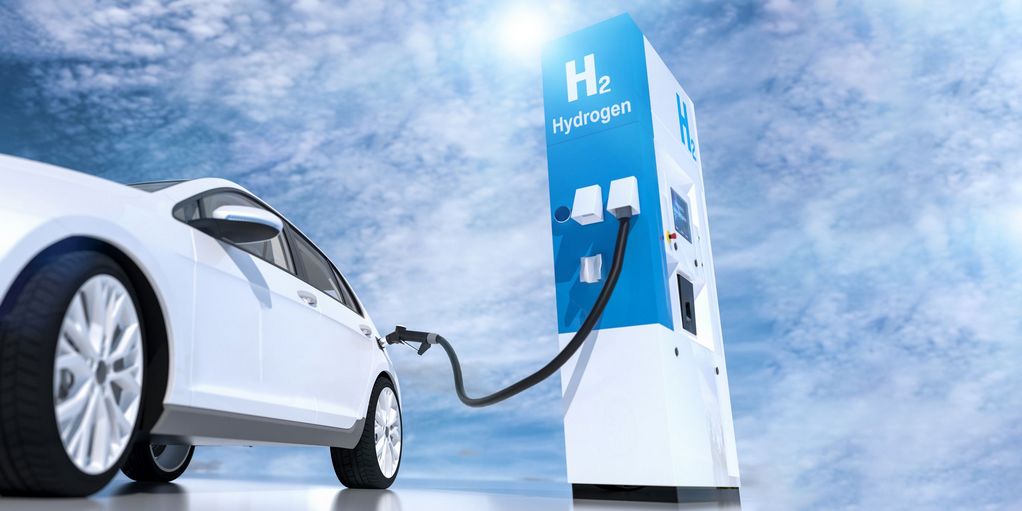The Minister of Petroleum and Natural Gas said at Auto Expo 2023 that India has also advanced the 20 per cent ethanol blending target to 2024-25 from 2030. The minister asked automobile manufacturers to move from the prototype stage and start introducing green vehicles in the market, saying the time has come for biofuels and other clean energy technologies.
The minister earlier inaugurated the ‘Ethanol Pavilion’ at the expo where passenger vehicle makers – such as Maruti Suzuki and Toyota Kirloskar Motor along with two-wheeler majors TVS, Hero MotoCorp, Bajaj Auto, Honda Motorcycle, Yamaha and Suzuki motorcycle – are displaying their working prototype of flex-fuel vehicles. These vehicles can take a range of ethanol blends varying from 20-85 per cent.
Hardeep Singh Puri said India is a place where it’s not just economies of scale but where “when we do something hundreds and thousands of people will follow”.
The minister asserted that he is “100 per cent confident that they will succeed” not just as an economic proposition for the manufacturers but for the green journey that India is undertaking in transitioning to total green sustainable fuel.
On ethanol blending, he said E10 fuel is now available in most parts of the country and the government is taking steps to enhance the level of blending.
At the symposium, a memorandum of understanding was also signed between the US Grains Council and Society of Indian Automobile Manufacturers for the clean energy partnership, aimed at knowledge transfer on ethanol technology.
Tags: Auto Expo 2023, Bajaj Auto, Car Makers, HeroMotorCorp, TVS



Recent Posts
Scandlines Nears Delivery of Zero Emissions Ferry Following Successful Sea Trials
India faces emission roadblocks with rising net-zero demands
Green Energy Resources invests in two electric Liebherr LHM 550
NYK Launches Continuous Use of Bio LNG Fuel on Car Carriers to Advance Decarbonization Goals
Yang Ming Expands Fleet with Methanol and LNG Dual-Fuel Vessels Under Fleet Optimization Plan
ClassNK Advocates Speed Gap Monitoring to Optimize Fuel Efficiency in Heavy Weather
Wärtsilä’s retrofit package for the Corsica Linea ferry Pascal Paoli has resulted in fuel savings of up to 22 percent Corsica Linea
COSCO Shipping Names Second Methanol Dual-Fuel Containership in Yangzhou